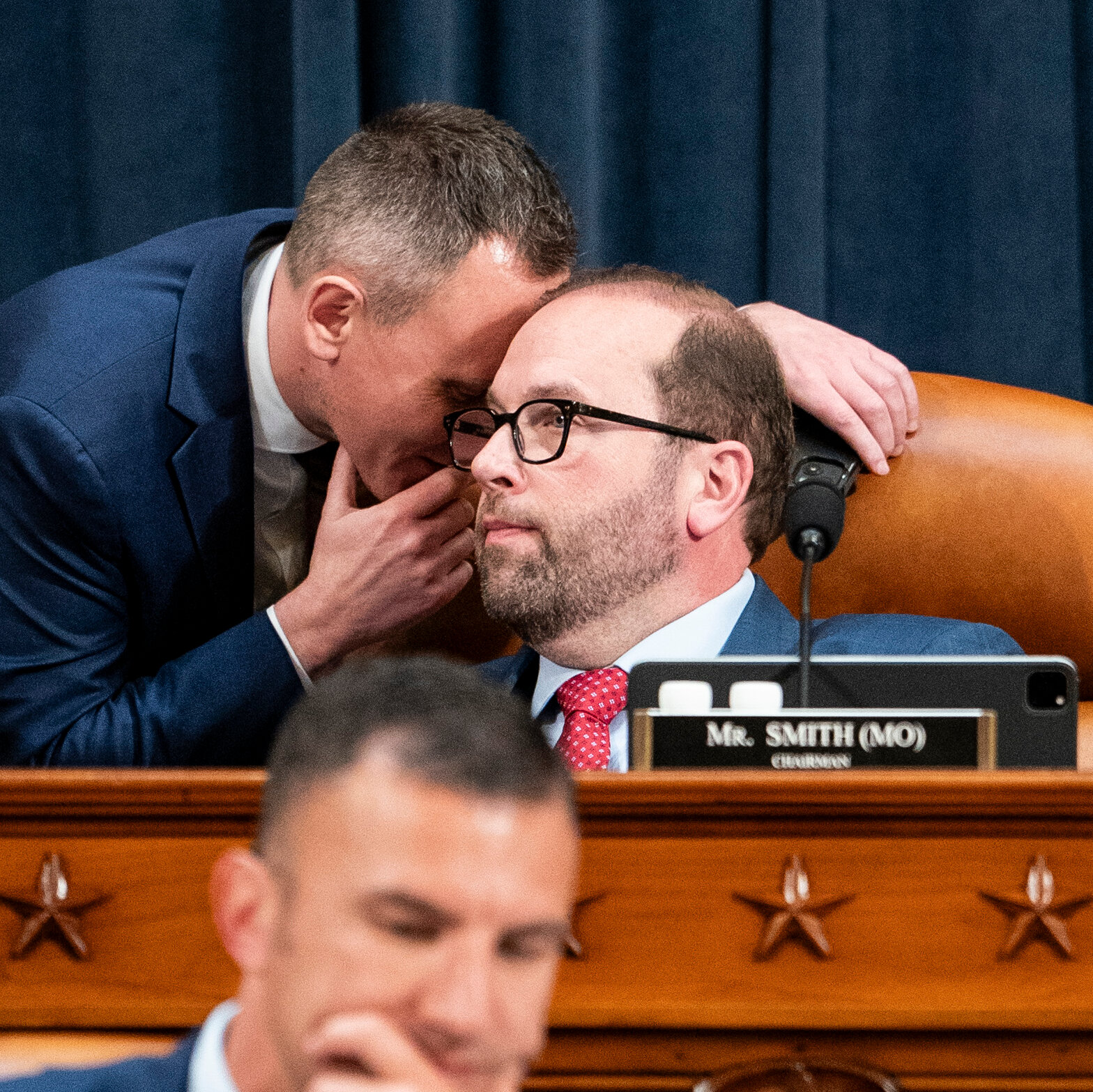Republican Tax Bill May Hurt the Lowest Earners and Help the Richest
Republican Tax Bill May Hurt the Lowest Earners and Help the Richest

Even though most Americans may see lower taxes, Republicans’ spending cuts could outweigh those benefits and leave some worse off.
Read the full article on NY Times Politics
Truth Analysis
Analysis Summary:
The article's claim that the Republican tax bill may hurt the lowest earners and help the richest is generally supported by the provided sources. The sources indicate that extending the 2017 tax cuts would disproportionately benefit the wealthy and that spending cuts could negatively impact low- and moderate-income families. There is a moderate bias due to the framing of the issue and the selection of sources that largely support the claim.
Detailed Analysis:
- Claim:** "Even though most Americans may see lower taxes, Republicans’ spending cuts could outweigh those benefits and leave some worse off."
- Verification Source #1: Supports the idea that tax cuts could be offset by spending cuts that harm low- and moderate-income families.
- Verification Source #2: Supports the idea that extending Trump's tax cuts will have painful trade-offs for most Americans.
- Verification Source #3: Supports the idea that extending the 2017 tax cuts would give the biggest benefits to the wealthy.
- Verification Source #5: Supports the idea that the 2017 tax law gave much larger tax cuts to the wealthy than to low- and middle-income families.
- The claim is generally supported by the provided sources.
Supporting Evidence/Contradictions:
- Verification Source #1: "Republican Agendas’s “Triple Threat” to Low- and Moderate-Income ... ... tax cuts they may receive from tax legislation. This three-part ... Tax cuts for the wealthy paid for by cutting programs that help low…" This supports the idea that tax cuts could be offset by spending cuts.
- Verification Source #2: "There will be pain: Continuing low tax rates for the rich and ... Summary: Extending Trump's Tax Cuts and Jobs Act will have painful trade-offs for the U.S. economy and most Americans." This supports the idea that extending the tax cuts will have negative consequences.
- Verification Source #3: "2025 Budget Stakes: High-Income Tax Cuts, Price-Hiking Tariffs ... Extending 2017 Tax Cuts Would Give Biggest Benefits to the Wealthy." This supports the idea that the tax cuts disproportionately benefit the wealthy.
- Verification Source #5: "4 Ways House Republicans' Emerging Tax Package Would Put ... The 2017 tax law's individual provisions give much larger tax cuts to the wealthy than to low- and middle-income families." This supports the idea that the tax cuts disproportionately benefit the wealthy.
- Verification Source #4 is irrelevant to the claim.
- There are no significant contradictions between the sources. All sources generally agree that the Republican tax policies favor the wealthy and could negatively impact lower-income individuals.

